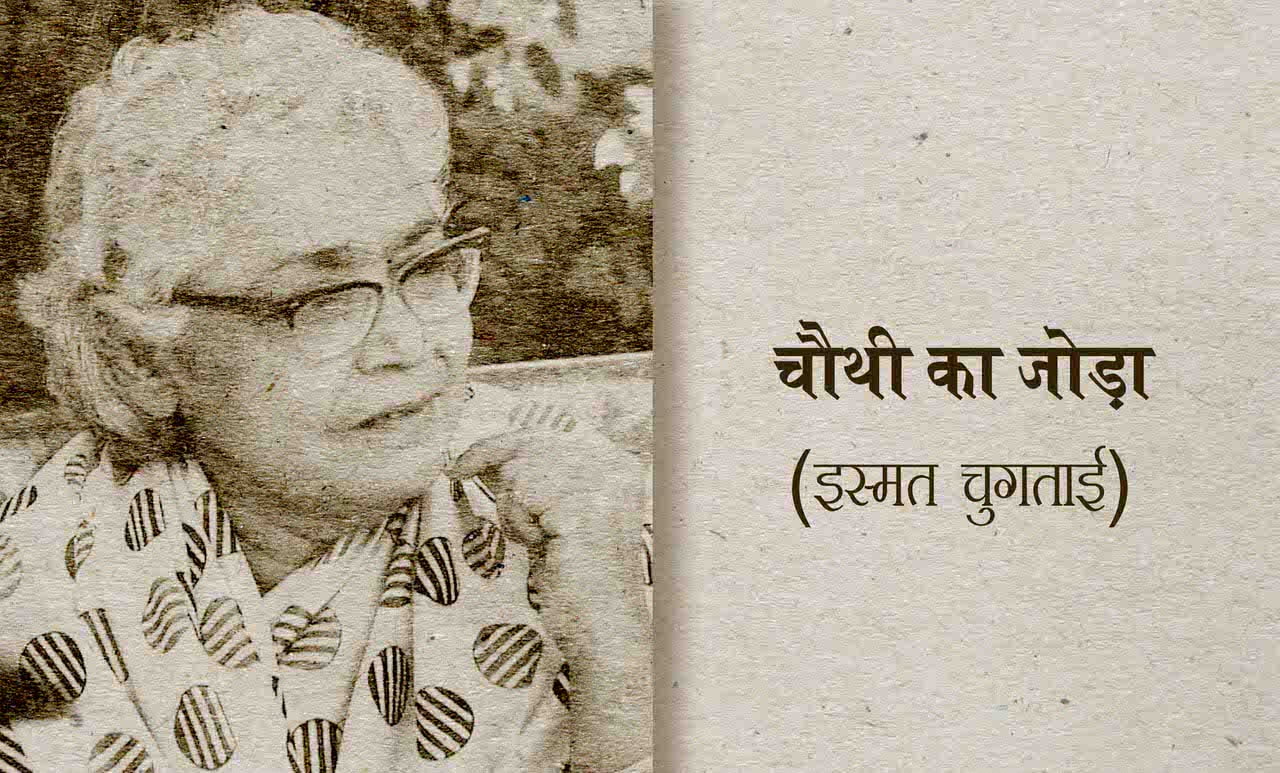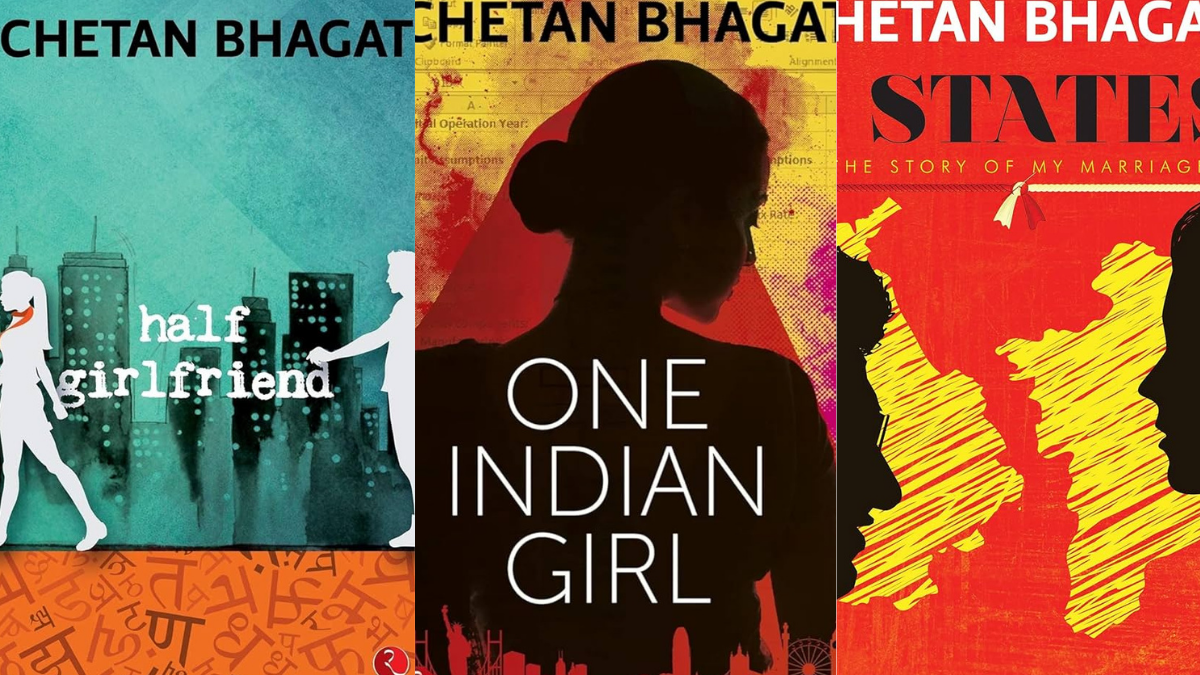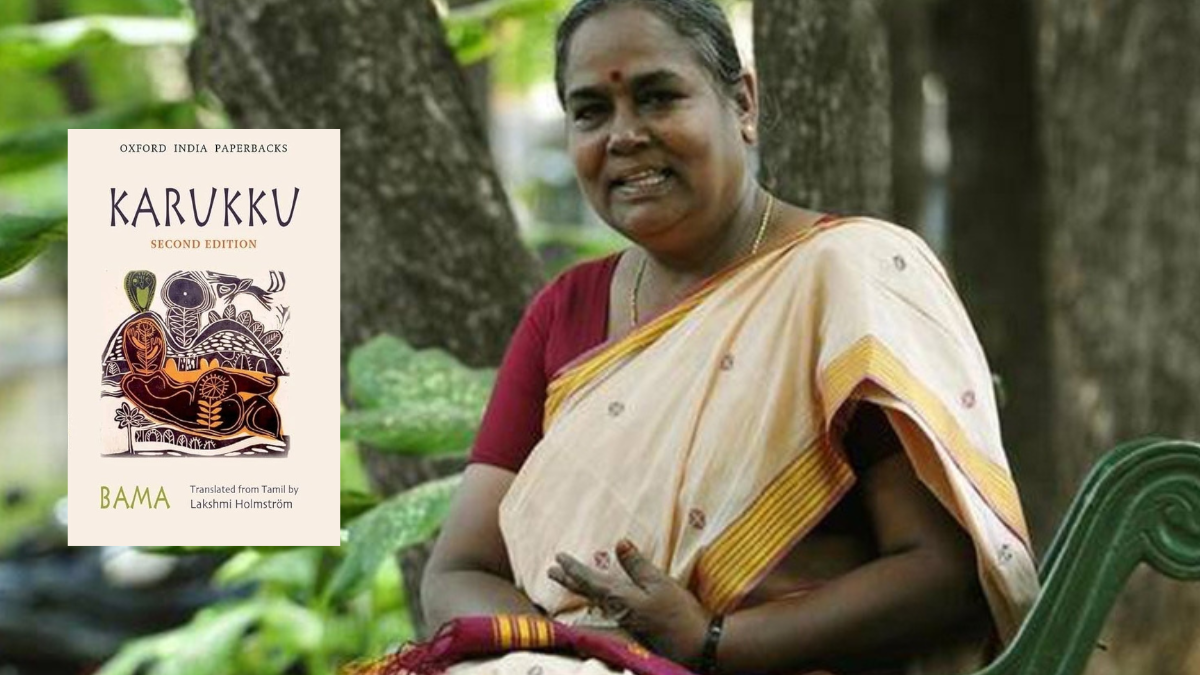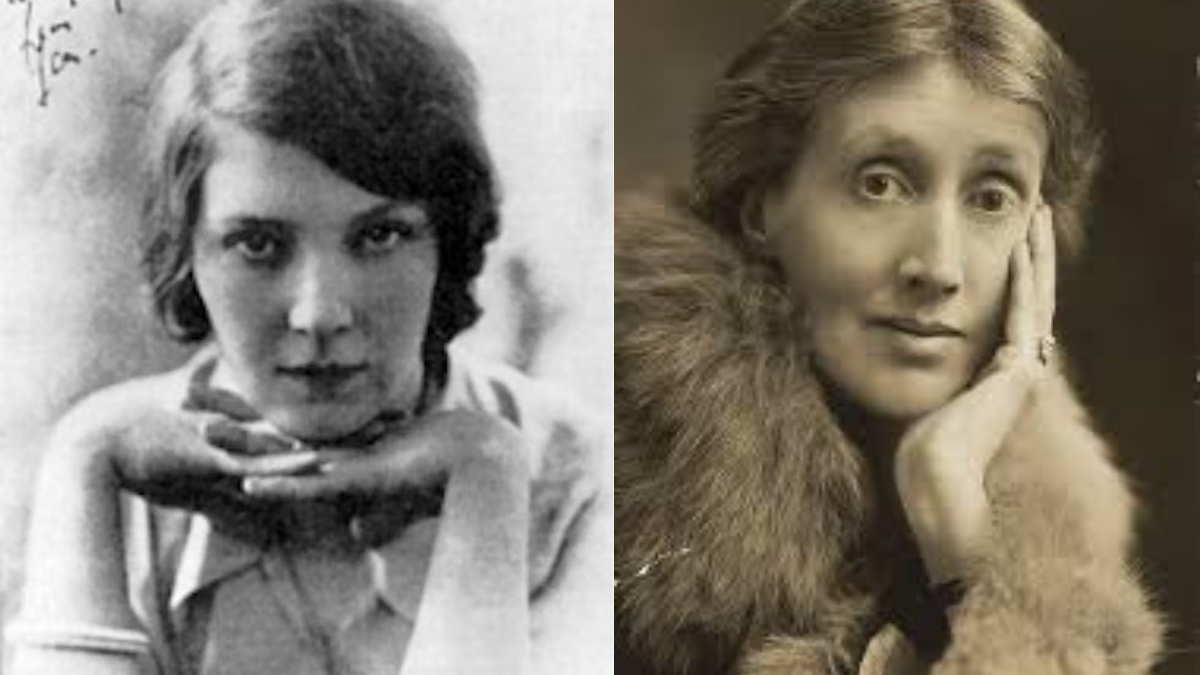Ismat Chughtai is known for her fierce feminism that she explored by putting out on paper Urdu stories of blunt and bold themes such as gender inequality and lesbianism. The list of feminist stories by Ismat is a long one, ‘Lihaaf’, being the most controversial of them all, and hence very well known. There are various other stories that deserve attention and close critical reading, one such story is Chauthi ka Joda (The Dress Of The Fourth Day), in which Chughtai has focused on the exploitation of women done by family members for their sexual pleasure, an issue that still remains a big taboo.
Also Read: The Life and Times of Literary Iconoclast Ismat Chughtai
Chauthi ka Joda revolves around a widow, Bi amma, who lives in near-penury with her two young daughters, Kubra and Hamidah. The story focuses on Bi amma’s obsession to get Kubra married off as soon as possible, and the terrible outcome of Bi amma’s urgent and desperate attempts to get her married to her brother’s son, Rahat.
Bi amma considers marrying off Kubra as the best way to get rid of her, reduce her own burden, and secure a good future for her, and to ensure Hamidah’s timely marriage. Kubra is portrayed as an extremely simple and plain girl who is too innocent for the worldly shrewdness, and is quickly ‘aging’, as Bi amma is constantly reminded by her neighbours.
Amidst this obsession with Kubra’s marriage comes news of the arrival of the girls’ cousin Rahat, Bi amma’s brother’s son who is to live with the family for a month for his training. The family starts to worry about how they are going to feed another person with their limited income (Bi amma’s sewing skills are not enough). When Bi amma’s sister hears this, she tells Bi amma to calm down and make use of this opportunity by impressing Rahat and getting him to marry Kubra, who upon hearing this, becomes dedicated to this cause.
The obsession for marrying off Kubra is seen in full light when Rahat finally comes to live with them. Their lives start to revolve around him – Bi amma going to the extent of selling off her gold bangles in order to feed him well. Hamidah is given the task of luring Rahat, with explicit/inappropriate jokes, casual flirting in the role of a ‘sister-in-law’. While Hamidah is asked to lure him since she is ‘pretty’, Kubra is expected to win his heart by ‘khidmat’ (doing tasks for him). It is safe to say that all the three women put all their soul and heart in his treatment, though which Chughtai critiques the custom of Indian families treating their son-in-laws like demi gods.
In one instance, Hamidah tries to make Kubra look good by referring to other women in a derogatory manner, calling ‘gori chitti’ (fair complexioned) girls inappropriate wives to which Rahat replies in affirmation by referring to his sisters-in-law who spend the entire day in ‘sola sringhaar’ (beautifying themselves) and don’t even peep inside the kitchen for a second. This is an example of inherent misogyny in women through conditioning.
Chughtai critiques the custom of treating son-in-laws as demigods.
Bi amma laments the fate of her elder daughter in the words, ‘Khuda ne soorat nahin di, isi liye rahat uski taraf dekhta tak nahin’ (‘Rahat doesn’t even look at her because God hasn’t given her fair features’). She constantly pushes Kubra to make up for her loss of beauty by doing things for him. Thinking that it might result in marriage i.e. ease in life, Kubra cooks food for him, washes his clothes, makes his bed, knits a sweater for him with injured hands at midnight, going to the extent of starving herself in order to feed him extravagantly. However, Rahat is only interested in Hamidah, if at all. He casually flirts with her, holds her hands, and says things that make Hamidah uncomfortable – showing no interest whatsoever in Kubra.
Finally, Hamidah’s interaction with him comes to a standstill when she is sexually assaulted by Rahat, to which her mother and her sister reply by invalidating it, calling it ‘itni si baat’, and deeming it insignificant. Her mother is so blinded by the possibility of Rahat marrying Kubra, that she refuses to acknowledge his assault until the end, when she goes to see a maulvi (mullah) expecting him to transform Rahat’s liking towards Hamidah into liking for Kubra. This suggests that Bi amma did actually understand what was happening to Hamidah, but decided not to act on it.
The mullah gives her some flour with a special incantation, telling the mother to get rotis made by Kubra, and delivered by Hamidah. Kubra makes these sanctified rotis even though she is suffering from high fever, and Hamidah is asked to take it to Rahat. It is late at night, and Hamidah tries to resist, but Bi amma succeeds in emotionally blackmailing her. When she goes to him, he agrees to have the roti but only if she feeds him with her own hands. Hamidah is uncomfortable, but for the love of her sister, she sits down to do it. Rahat immediately starts to misbehave, and ultimately rapes Hamidah. (Though this is not explicitly told in the story.)
The climax tells us that Rahat leaves by the next morning train because is already betrothed. The final scene features a dead Kubra’s body wrapped contently in her final ‘Chauthi ka joda’ that wouldn’t betray her (she had been suffering from tuberculosis), a helpless, lost Bi amma and a crying Hamidah. Thus, the Chauthi ka joda for Kubra’s wedding ultimately becomes her shroud.
With this tragic story, Chughtai critiques the hypocrisy of the superstitions and customs maintained by society. The superstition about the Chauthi ka joda on which the entire story is based, is a shining example. It is believed that if the Chauthi ka joda doesn’t turn out right, even if a single sequin is misplaced, something unholy will happen.
Chughtai critiques the hypocrisy of the superstitions and customs maintained by society.
The ineffectiveness of the maulvi’s way of treating Bi amma’s issues is highlighted when the situation does not merely fail to improve, but worsens in the worst of tragedies. Chughtai also implicitly criticizes the problematic custom in India that the elder sister needs to married first in order for the next one to get married, as well as deconstructs the need for marriage to be the overarching goal of a woman’s life.
Also Read: Marriage: The Shiny Trophy At The End Of The Tunnel, Or Is It?
Kubra’s age & plainness is considered an issue throughout the story, suggesting the entire weight of a woman’s worth lies on her ‘beauty’ and youth. This story is filled with problems that are faced by women. One is suggested by the idea that Bi amma had started to collect Kubra’s dowry since her ‘Bismillah’ ceremony i.e. since her very birth.
Through Bi amma, Chughtai critiques the kind of pressure that builds around a mother’s mind, especially if she is a widow, to act according to the society’s will, wherein Kubra’s marriage became the end solution to her misery. Kubra’s growing desire (not for the man, but for marriage – as pointed out by Hamidah in the story) focuses on how women are made to believe that their marital status would solve problems for them, and if the marriage gets delayed, they get hopeless..
Chughtai also explores the exploitation of women that happens at the hands of the men in their own family. It is considered a taboo to even speak about sex within familial relations, and if somebody assaults a woman/man in the family, people are quick to hush it down. In fact it is highly likely that the victim might cover up for the perpetrator because of the farce that lies in family’s ‘honour’. Most importantly, Rahat’s act is an important reminder that sometimes, criminals can be in our own family.
Featured Image: Rajkamal Prakashan
About the author(s)
Can one take pride in calling herself an intellectual badass?





Don’t call it feminist reading, these are priceless work of sanguine progressive mind, highlighting plight of women in repressed societies , they are for everybody and hopefully some dumbass closed mind might get short-circuited and open up to what life is all about and how to see it in manner which doesn’t oppress and stifles rather celebrate life for what it is. sexuality has been supressed in women for far too long, everywhere under mythical idiotic premises, these repressers don’t know that sexuality also is cycle and it has its highs and lows in contented manner, but if you repress it ,lot of other problems start to happen especially in women who still have to get into fulfilling of it.
Parents should make their daughters so worthy, educated and skillful that they may never worry for their marriage.Marriage will happen whenever God wish, but before that it’s necessary to make daughters capable of getting a better life on their own.